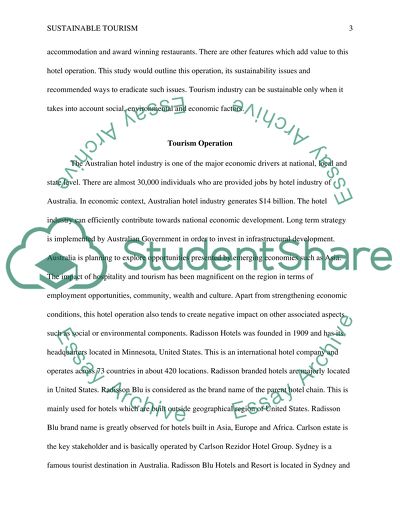Cite this document
(“Sustainable tourism Assignment Example | Topics and Well Written Essays - 3000 words”, n.d.)
Retrieved from https://studentshare.org/tourism/1695550-sustainable-tourism
Retrieved from https://studentshare.org/tourism/1695550-sustainable-tourism
(Sustainable Tourism Assignment Example | Topics and Well Written Essays - 3000 Words)
https://studentshare.org/tourism/1695550-sustainable-tourism.
https://studentshare.org/tourism/1695550-sustainable-tourism.
“Sustainable Tourism Assignment Example | Topics and Well Written Essays - 3000 Words”, n.d. https://studentshare.org/tourism/1695550-sustainable-tourism.


